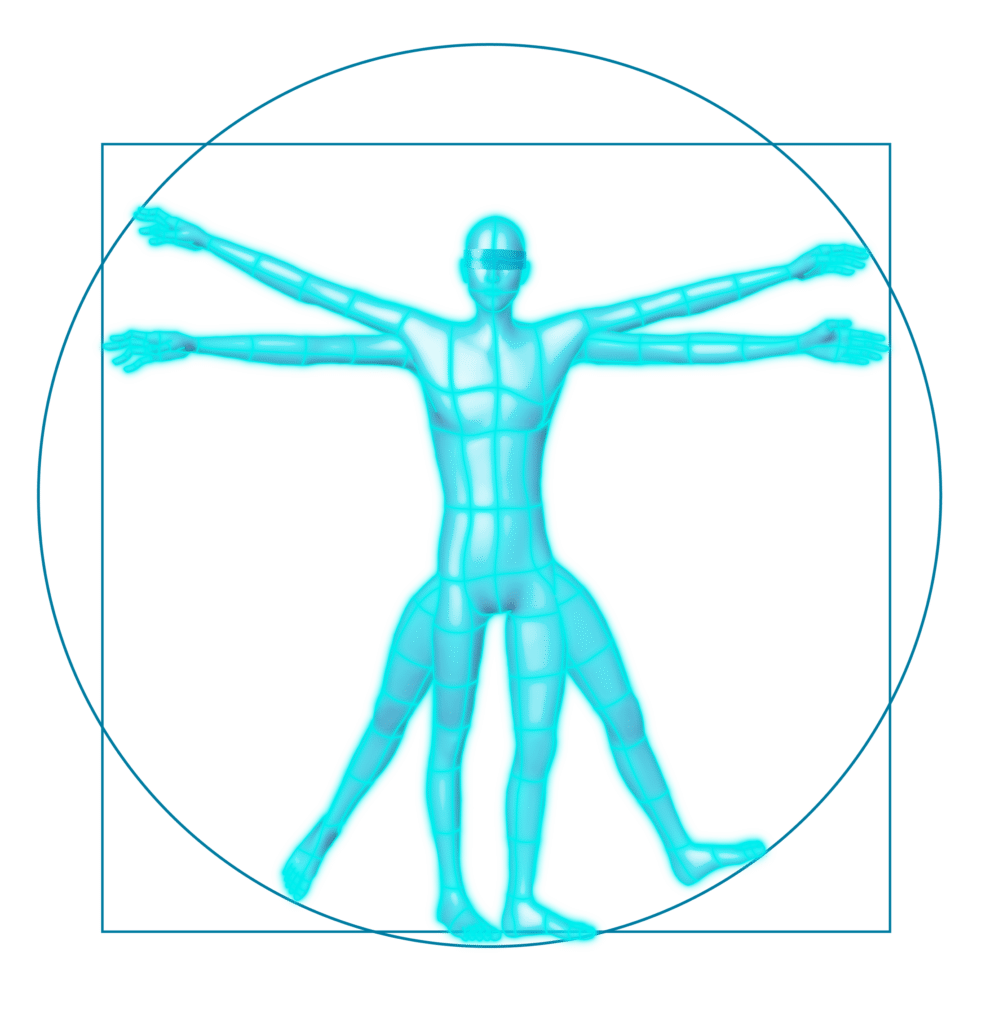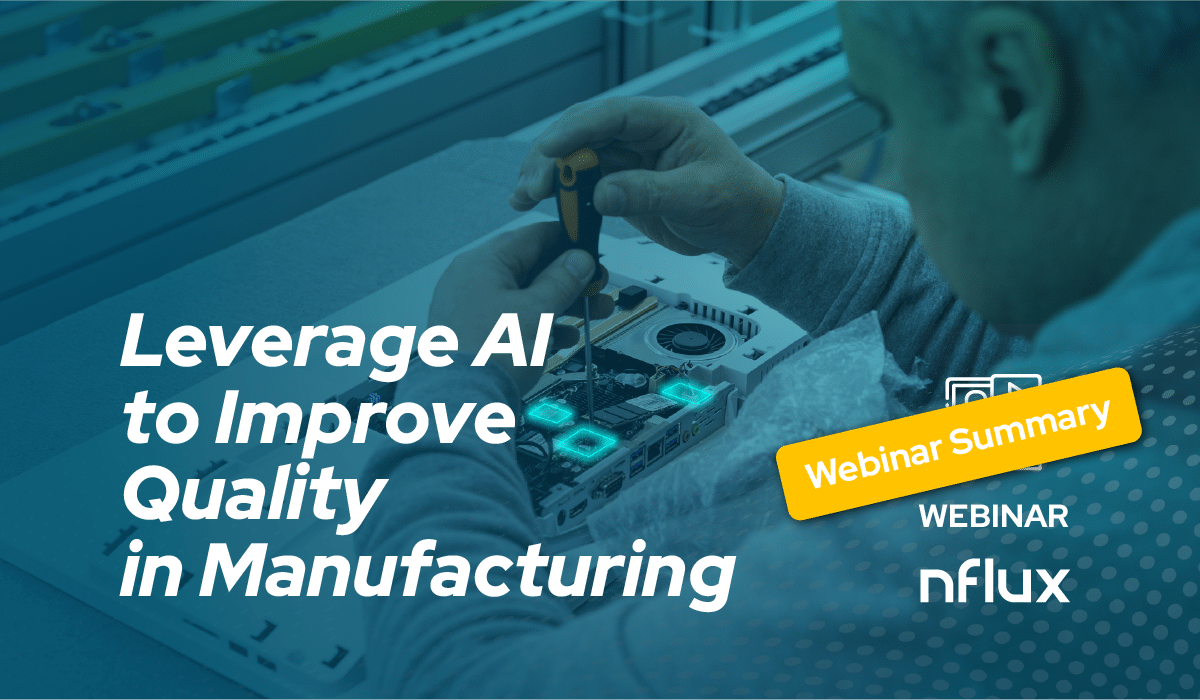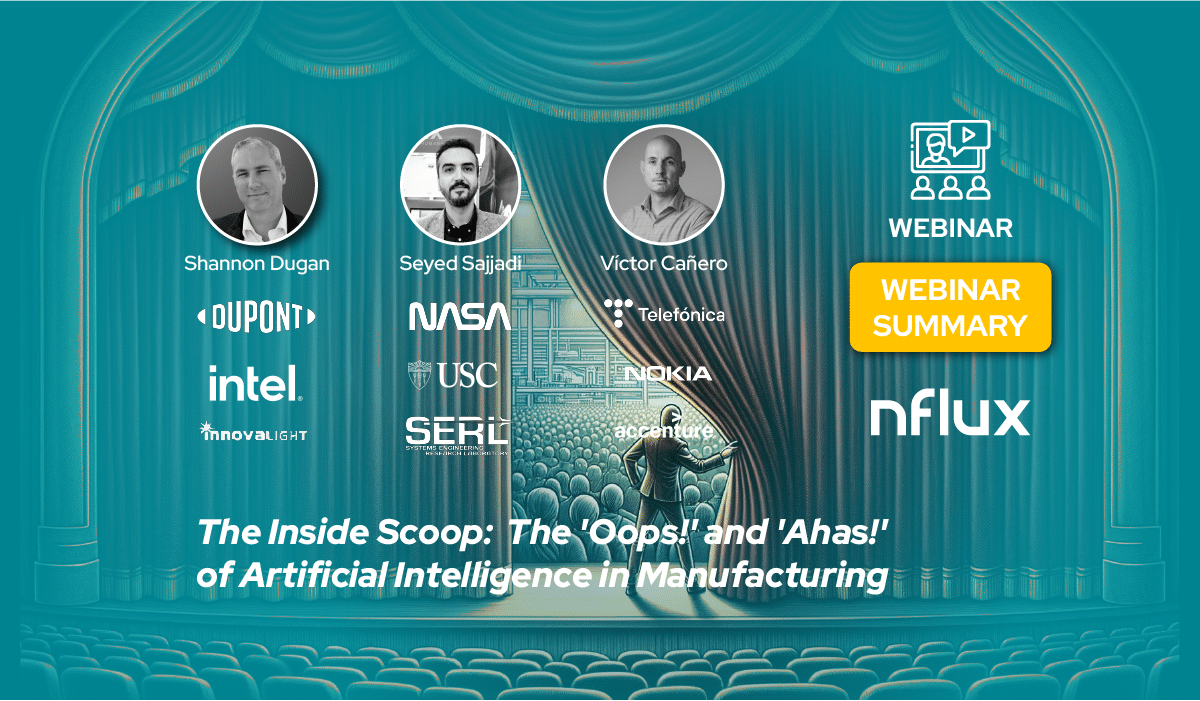Think AI is Killing Jobs? Think Again. AI is often seen as a threat to jobs, but what if it’s actually the key to saving them? The fear of machines replacing humans is real, but AI-based technologies designed with ethical intentions are flipping the script. Read on to see how AI is reshaping the future of work and why manufacturers are embracing it to protect—not replace—their workforce (5 min read).
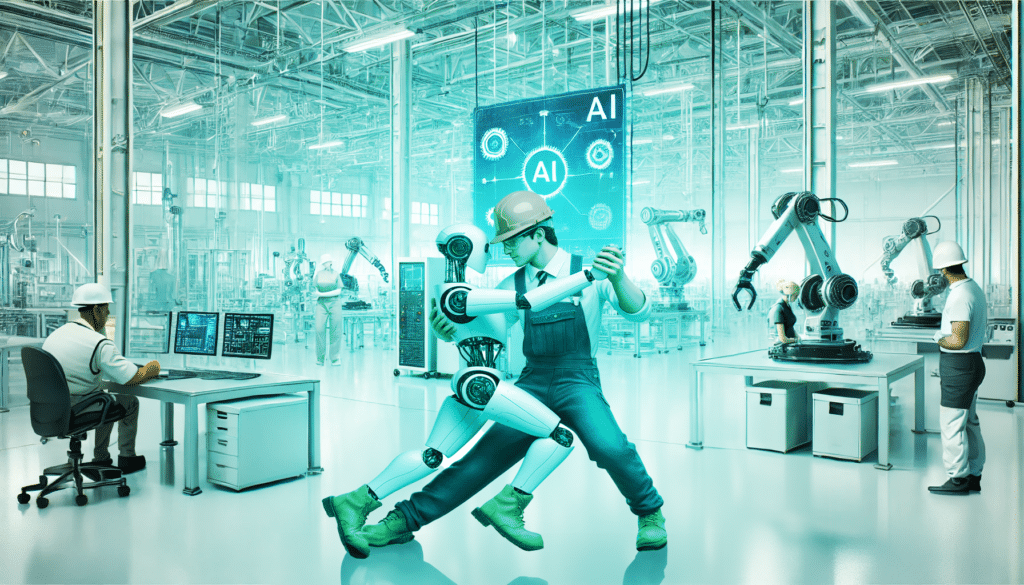
Every major technological breakthrough has come with skepticism, from electricity to the internet. Yet, progress has always empowered humanity. AI is no different. By helping workers focus on what they do best, AI can augment human abilities instead of replacing them. When the computer age dawned, many believed offices would vanish as computers would do all the work. Spoiler alert: they didn’t.
AI’s impact on jobs, especially in manufacturing, is a hot topic. According to MIT research on AI and its impact on jobs (“Does technology help or hurt employment?” (MIT, 2024)), automation can threaten jobs, but AI technologies that augment human labor are helping to create new, meaningful roles . While skepticism remains, AI’s potential to enhance human capabilities is gaining recognition.
There are genuine concerns over job displacement caused by AI, especially in sectors like manufacturing. The Stanford One Hundred Year Study on Artificial Intelligence (“Artificial Intelligence and Life in 2030”, (Stanford, 2021)) forecasts that while AI will automate many tasks, it also has the potential to augment human labor by taking on repetitive, mentally fatiguing jobs, enabling workers to focus on more complex tasks. The study emphasizes that reskilling and education will be critical to ensuring workers thrive alongside AI. This means industries need to integrate AI technologies thoughtfully, ensuring that workers can evolve with the new tools being introduced.
AI itself isn’t good or bad—it’s how we apply it that matters. Instead of resisting it, manufacturers are finding ways to integrate AI to help, not harm, their workforce. A Carnegie Council article (“Why Are We Failing at the Ethics of AI?” (Carnegie Council, 2021)) explains that many organizations fail to integrate ethics because they treat it as an afterthought rather than embedding it into the AI lifecycle. However, we’ve seen firsthand the level of diligence with which our partners Nokia, 3M, Stellantis (Jeep/FIAT), Daimler Trucks (Mercedes), Airbus,… are addressing the use of AI. So, not all hope is lost.
One concrete way manufacturers are saving jobs is through by using solutions like nFlux Guide™ , our AI-powered solution. It supports workers on the assembly line by helping them perform tasks consistently, reducing distractions, improving quality, and lessening mental fatigue. By integrating nFlux Guide, our customers are saving jobs—ensuring workers remain essential to the production process. At nFlux, our commitment to ethical AI is embedded in everything we do. Our AI Ethics Decalogue guides us toward fairness and transparency in every step we take.
AI is here to stay, and its future rests in the hands of both end-users and technology developers. By being mindful of the impact of new technologies, we can harness AI to transform and enhance jobs rather than replace them. Ethical AI is about ensuring that both creators and users consider its broader consequences, with the shared goal of keeping humans central to the workplace. At nFlux, we’re committed to shaping that future—one built on ethics, responsibility, and positive progress.
